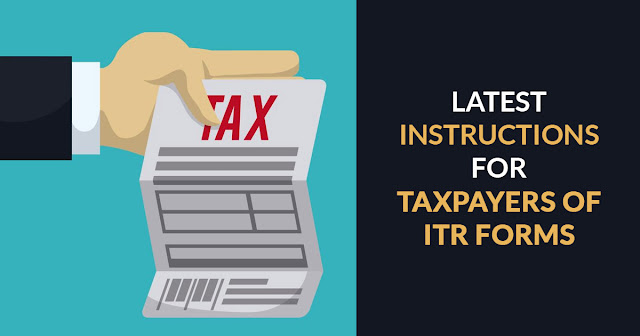Notably, in response to the extension of the deadline of ITR forms, The apex body ‘Central Board of Direct Taxes (CBDT) has issued guidelines to assist the taxpayers while filing the particulars/ details during the filing of income tax returns for the assessment year 2021-22. Furthering the episode, The CBDT also mentioned that no significant changes have been made in the format of this year’s ‘Income Tax Return forms’ when compared to the format of last year’s ITR. The reason being, last year also, the country faced COVID Pandemic.
To begin with Form ITR-1 Sahaj, It is synonymous to its name “Sahaj’ and its literal meaning is simple and user-friendly and is filed by a large number of small and medium taxpayers. Recalling its ambit and scope, this form is filed by an individual having income up to Rs 50 lakh and who receives income from salary, house property, other sources like interest and so on.
Similarly, form ITR-4 Sugam has to be filed by
- Individuals,
- Hindu Undivided Families (HUFs), and
- Firms (excepting limited liability partnerships) with total income up to Rs 50 lakh and income from business and profession computed under the provisions of presumptive taxation.
Moving to ITR-5, it is filled by Partnership firms, LLPs and so on
And ITR-6 is filled by the companies, Trusts, Political Parties, Charitable Institutions and so on
And lastly, those seeking income tax exemption have to file ITR-7 form
In essence, by following the aforesaid guidelines, fill the Government Exchequer for the growth and development of our country and to run executive, political and judicial machinery.


Comments
Post a Comment